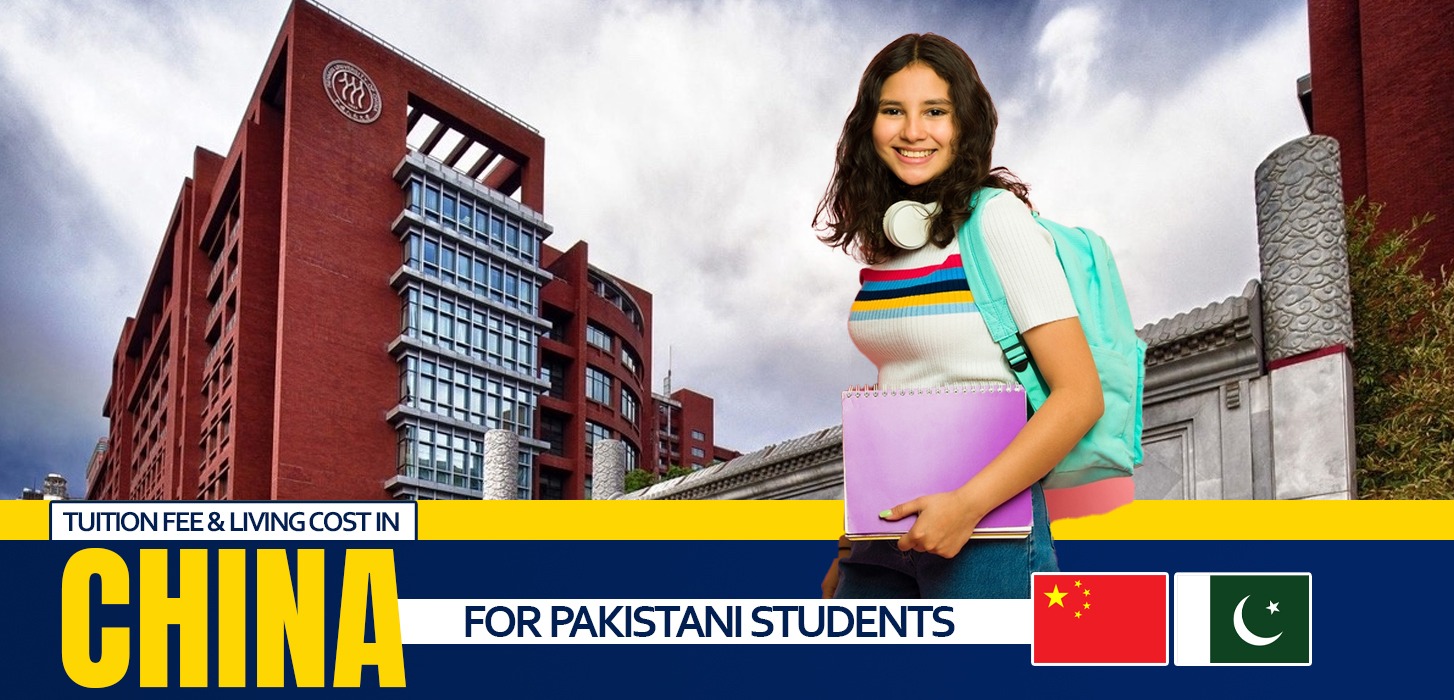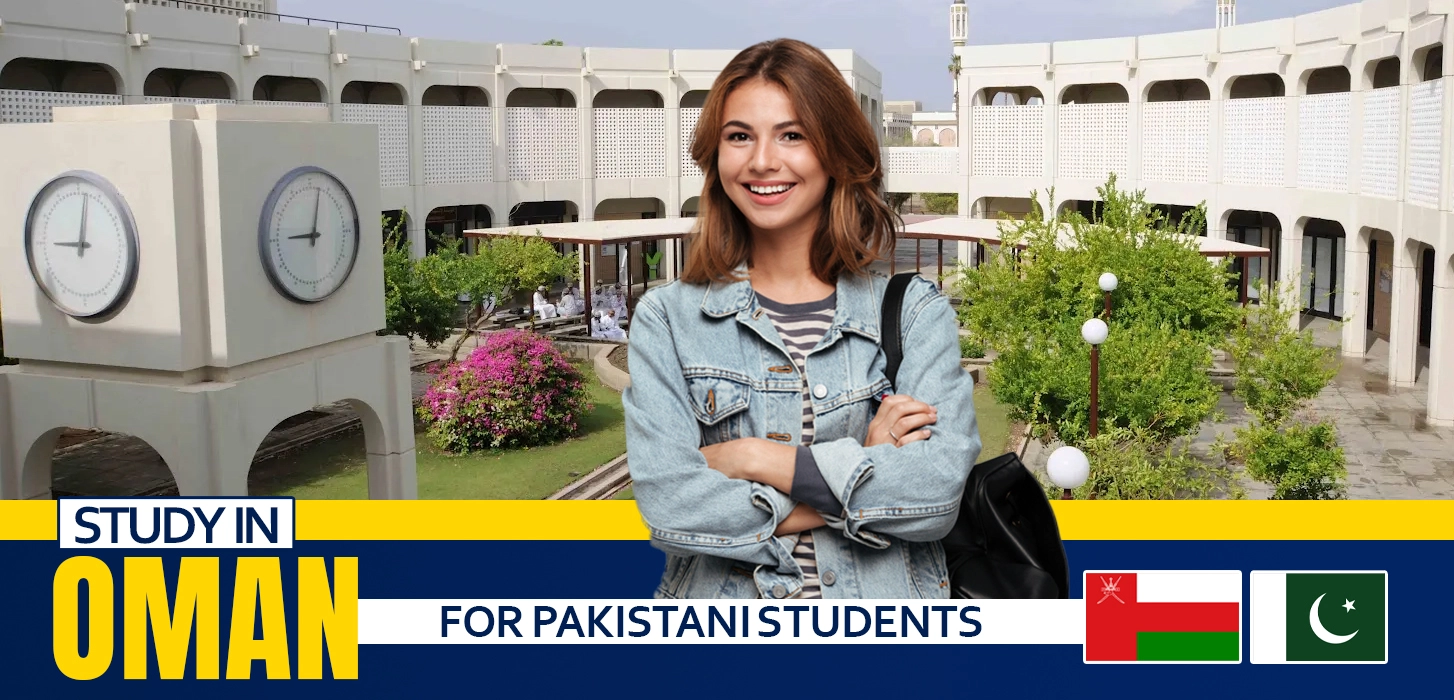
Study MBBS in Azerbaijan 2025-26 | Tuition Fee | Visa Guide
Azerbaijan, nestled between Eastern Europe and Western Asia, offers a vibrant cultural tapestry and a burgeoning educational landscape. With its modern medical institutions and diverse student community, Azerbaijan has become an appealing destination for aspiring medical professionals. To embark on this educational journey, understanding the comprehensive admission criteria and application procedures is paramount. This guide provides a detailed overview of the MBBS admission criteria for studying in Azerbaijan.
| Location | Eastern Europe and Western Asia, Bordering the Caspian Sea. |
| Currency | Azerbaijani Manat (AZN). |
| Language | Azerbaijani (Official), English Programs Available. |
| Work Allowed | Part-time jobs available for students. |
| Global Recognition | Degrees recognized internationally. |
| Tuition Fees | Affordable, Varies by Program and University. |
| Accommodation | Costs vary, $100 – $300/month. |
| Living Expenses | Moderate, $200 – $500/month. |
| Intakes | Mainly September, Some in February. |
| Visa Processing | Typically 1-2 months. |
| Application Fee | Varies, Usually $50 – $150. |

Azerbaijan Medical University: Azerbaijan Medical University, located in Baku, offers high-quality medical education with a focus on research and practical training. The university is known for its modern facilities and experienced faculty members. Average Tuition Fee: $3,500 – $6,000 per year.
Baku State University: Baku State University is one of the oldest and most prestigious universities in Azerbaijan. It offers a comprehensive MBBS program with a strong emphasis on clinical skills and theoretical knowledge. The university has collaborations with leading hospitals for practical training. Average Tuition Fee: $3,000 – $5,500 per year.
Azerbaijan State Medical University: Azerbaijan State Medical University, located in Baku, is a leading medical institution in the country. It provides a well-rounded MBBS program focusing on patient care, medical research, and community health. The university offers international exchange programs for students. Average Tuition Fee: $3,200 – $5,800 per year.
Ganja State University: Ganja State University offers a comprehensive MBBS program with a curriculum designed to meet international standards. The university focuses on practical skills, clinical exposure, and research-oriented learning. Average Tuition Fee: $3,000 – $5,500 per year.
Azerbaijan Medical University (AMU) – Nakhchivan Campus: AMU’s Nakhchivan campus offers a range of medical programs, including MBBS. The curriculum emphasizes hands-on training and includes rotations in various medical specialties. Average Tuition Fee: $3,200 – $5,700 per year.
Sumgayit State University: Sumgayit State University provides an MBBS program with a strong focus on primary healthcare, disease prevention, and community medicine. The university collaborates with local healthcare institutions for practical training. Average Tuition Fee: $3,000 – $5,400 per year.
Azerbaijan Medical University (AMU) – Sheki Campus: AMU’s Sheki campus offers medical education with a focus on clinical skills and research. The campus has modern laboratories and clinical facilities for students’ practical training. Average Tuition Fee: $3,100 – $5,600 per year.
Khazar University: Khazar University in Baku offers an MBBS program that integrates theoretical knowledge with practical experience. The university emphasizes interactive learning and clinical exposure in its curriculum. Average Tuition Fee: $3,300 – $5,900 per year.
Azerbaijan University of Languages: While primarily focused on languages, this university offers a unique perspective for medical students interested in cross-cultural communication and language skills. It provides a diverse learning environment for aspiring medical professionals. Average Tuition Fee: $3,000 – $5,500 per year.
Azerbaijan State Oil and Industry University: This university, known for its engineering programs, also offers medical education. The MBBS program emphasizes interdisciplinary learning and practical skills. Average Tuition Fee: $3,200 – $5,700 per year.
| University Name | Average Tuition Fee Range (per year) |
|---|---|
| Azerbaijan Medical University | $3,500 – $6,000 |
| Baku State University | $3,000 – $5,500 |
| Azerbaijan State Medical University | $3,200 – $5,800 |
| Ganja State University | $3,000 – $5,500 |
| Azerbaijan Medical University (Nakhchivan Campus) | $3,200 – $5,700 |
| Sumgayit State University | $3,000 – $5,400 |
| Azerbaijan Medical University (Sheki Campus) | $3,100 – $5,600 |
| Khazar University | $3,300 – $5,900 |
| Azerbaijan University of Languages | $3,000 – $5,500 |
| Azerbaijan State Oil and Industry University | $3,200 – $5,700 |
Eligibility Requirements
Prospective students aspiring to pursue an MBBS degree in Azerbaijan typically need to have completed their secondary education with a focus on science subjects, including Biology and Chemistry. Proficiency in the English language is essential and is often evaluated through standardized tests such as IELTS or TOEFL. Some universities might also conduct their own English language proficiency exams.
Entrance Exams
Entrance exams form a crucial part of the admission process in Azerbaijani medical universities. These exams assess applicants’ knowledge in subjects such as Biology and Chemistry. A strong performance in these exams significantly enhances the chances of acceptance. Thorough preparation and a solid understanding of core concepts are essential for excelling in these assessments.
Application Procedure
Applying for MBBS programs in Azerbaijan involves completing an online application form and submitting essential documents. These documents typically include academic transcripts, certificates, a valid passport, proof of language proficiency, and results from the entrance exams. Attention to detail and adherence to application deadlines are vital for a successful application process.
Recognition of Degrees
Verifying the recognition of the degree offered by the chosen Azerbaijani university is crucial. Opting for universities recognized by international medical bodies such as the World Health Organization (WHO) ensures the global acceptance of the degree. Recognition by national medical councils is also important for future licensure and practice opportunities in various countries.
Tuition Fees and Scholarships
Azerbaijani medical universities offer competitive tuition fees for international students. However, fees can vary between universities and programs. Prospective students should research the fee structures of different institutions. Additionally, exploring scholarship opportunities based on academic merit or other criteria can significantly ease the financial burden, making medical education in Azerbaijan accessible to a diverse range of students.
Visa Requirements and Residence Permit
Once accepted into an Azerbaijani medical university, students need to apply for a student visa. This process involves providing necessary documents, including the admission letter, proof of financial means, a valid passport, and other relevant documents. After arriving in Azerbaijan, students are required to obtain a student residence permit, adhering to visa and residence permit regulations throughout their studies.
Accommodation and Living Expenses
Azerbaijan offers various accommodation options, including university dormitories and private apartments. Students should explore these options based on their budget and preferences. Budgeting for living expenses, covering aspects such as housing, food, transportation, and personal needs, is crucial for financial stability and a comfortable stay throughout the academic tenure.

Admission Process:
Commence your application process by applying to a recognized medical university in Azerbaijan. Ensure you meet academic requirements and prepare necessary documents, including transcripts, recommendation letters, and a personal statement. Some universities might require entrance exams or interviews.
Acceptance Letter and Confirmation of Enrollment:
Upon acceptance, you’ll receive an official acceptance letter from the university. This letter confirms your enrollment and is crucial for your visa application.
Student Visa Application Requirements:
Prepare documents such as a valid passport, completed visa application form, university acceptance letter, proof of financial means to cover tuition and living expenses, travel insurance, and a medical certificate. Requirements can vary, so check the official website of the Azerbaijani embassy or consulate in your country.
Language Proficiency and Preparatory Courses:
Ensure you meet the university’s language proficiency requirements. Some universities offer preparatory courses for international students to enhance their language skills before starting the main program.
Visa Application Submission:
Submit your visa application and documents to the nearest Azerbaijani embassy or consulate. Adhere to deadlines and ensure all information is accurate and complete.
Visa Interview (if required):
Prepare for a visa interview if it’s part of the application process. Be ready to discuss your plans for studying in Azerbaijan and your future intentions.
Financial Planning and Scholarships:
Explore scholarship opportunities and plan your finances to cover tuition, accommodation, food, transportation, and personal expenses during your stay in Azerbaijan.
Health Insurance and Medical Check-up:
Acquire health insurance accepted in Azerbaijan. Some universities might require a medical check-up upon arrival.
Arrival and Orientation:
Attend the university’s orientation program upon arrival. Familiarize yourself with the campus, local culture, and essential facilities. Register with local authorities as required.
Student Support Services:
Familiarize yourself with the university’s student support services, including academic advising, counseling, and accommodation assistance.
To be eligible for MBBS programs in Azerbaijan, international students generally need to meet the following criteria:
- Completion of higher secondary education with a strong background in Science (Biology, Chemistry, and Physics).
- Proficiency in English, as many medical courses are taught in English.
- Meeting specific requirements set by the chosen university, such as a minimum GPA or entrance exam score.
- Some universities might require a qualifying score in exams like the SAT (Scholastic Assessment Test) or an equivalent exam.
MBBS programs in Azerbaijan typically have a duration of 6 years. The curriculum includes theoretical knowledge, practical training, and clinical rotations. Students engage in classroom lectures, laboratory work, and clinical experience in hospitals and medical centers to develop comprehensive medical skills.
Yes, international students studying in Azerbaijan are generally allowed to work part-time during their studies. However, there are regulations regarding the number of hours students can work per week, typically ranging from 20 to 30 hours. Students must obtain a work permit from the local authorities and follow the rules and guidelines provided by their university and the Azerbaijani government.
Yes, MBBS degrees obtained from reputable medical universities in Azerbaijan are recognized internationally. Graduates can pursue further education or practice medicine in various countries around the world. It is crucial to choose universities that are accredited and recognized by international medical bodies and organizations.
The tuition fees for MBBS programs in Azerbaijan vary depending on the university and the program’s duration. On average, the annual tuition fees range from $3,000 to $8,000 for international students. Living expenses, including accommodation, food, transportation, and miscellaneous expenses, are also relatively affordable, averaging around $300 to $500 per month, depending on the city and lifestyle.

Latest Post
Lithuania has become an attractive destination for Pakistani students seeking...
Many Pakistani students dream of studying abroad but are often...
According to the Ministry of Education and Research report, In...
Pursuing higher education in New Zealand is a top destination...
The UK has always been a student-preferred destination for gaining...
Understanding the tuition fee & living cost in China is...
Hungary is an increasingly popular choice for Pakistani students pursuing...
Studying in Oman is an excellent opportunity for Pakistani students...










